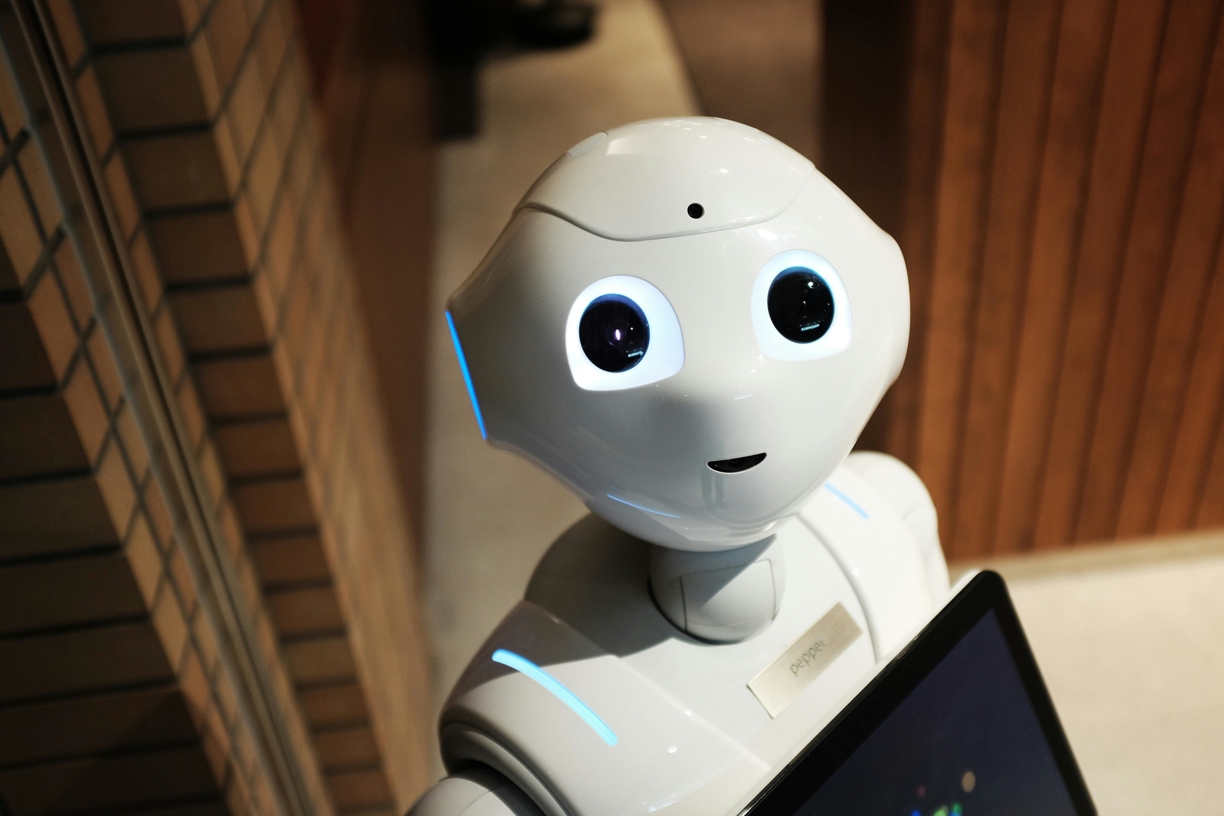Technology

It's undeniable that artificial intelligence is the most incredible technology humanity has ever crafted, period. Still, we have barely scratched the surface of AI capabilities and some groups are already opposing its development, accusing that its impact has been reshaping our world, not in a good way.
Honestly? It’s all true — to some extent.
AI is just code. It takes an input, compiles, and returns an output. It excels at detecting patterns, trends, and simply following them. Funny enough, isn't it how the content creation industry has been operating lately? The creative process, in essence, is time-consuming and resource-intensive, while our brains are wired to seek the path of least effort to save resources.
That's why trends exist. They're nothing but a pathway to effective results, while skipping the demands of a creative process.
Creators have long transformed content into a pipeline of trend automations with just a droplet of creativity. Every day, a new content creator is born, standing on the shoulders of others who paved their way following trends from others, and so on.
See where I'm going? The content creation industry has never been about creativity, but what’s been trending.
Creativity was doomed long before AI became the trend. We just found a perfect candidate to blame.
Advocates of less ''chatty' interactions with AI agents defend that using human cues, such as greetings, small-talks, or by simply engaging into deeper conversations with AI, might be affecting the energy infrastructure we currently rely on.
Shouldn’t we be focusing on developing more power-efficient components and data centers, instead of advocating for reducing AI interactions to a minimum?
If AI agents are intentionally trained to resemble the human personality, why there are people requesting humans to ''tune down humanity'' when interacting with the previous?
Some people seek interaction and, given the current state of degradation of relationships, it's only fair those find connection elsewhere. In the same universe, others are dying from loneliness, suffering in silence. While depression is on the rise, not even families are seen as safe grounds for those in need of advice, anymore.
Now imagine someone who is always available to listen, 24/7, for “free”, no judgements, while also providing professional-grade advice whenever needed, tapping into references like Freud, Jung and Adler. Wouldn’t you use it?
In a nutshell, we're sort of paying the price of our own demise here.
There's also a financial aspect tied to the so-called ''AI-therapy''. Paying for professional help is not an option for many who struggle every month just to make ends meet. Oftentimes, money is the very reason people are put in this dire situation, making the issue a paradox where one needs money to seek help because of money.
In my opinion, AI is bridging an important gap when it comes to mental health. Brilliantly, by the way.
Energy? We'll find a way. We always do.
Every major shift in society requires adjustment across the board.
AI is no different, and obviously there will be collateral damage to its ever-evolving presence into our lives.
It's important to remember, though, that artificial intelligence feeds on information and needs supervision. In other words, there will always be a team of humans responsible for either feeding it, guiding it, or ready to pull the plug if anything goes wrong. Whether the impact of AI on the job market is enough reason to hit the brakes on its progress, it is debatable.
Hard times are also known to foster innovation. Many people found success through adversity so, despite the potential impact on jobs, even entire careers, I believe we should never stop improving, studying and reinventing ourselves. Or better: picture it as a ''call to ditch procrastination'' and start considering giving birth to a personal project, or finally working on a solution to that pesky problem in your community.
Here's my honest take on AI:
AI is the future—maybe the only future we have.
Don’t hate the player, fix the game.